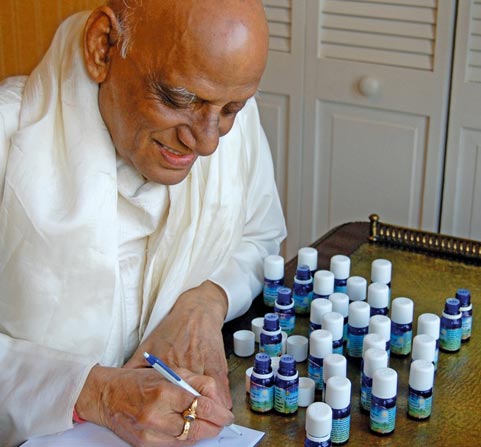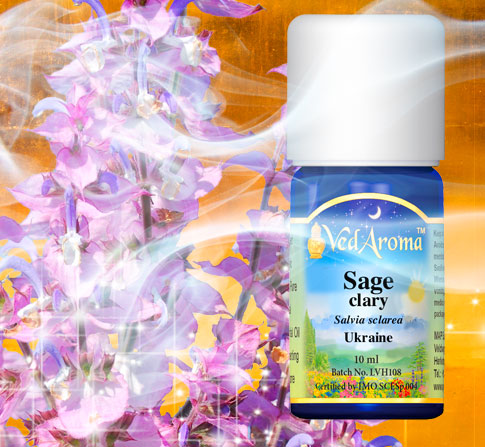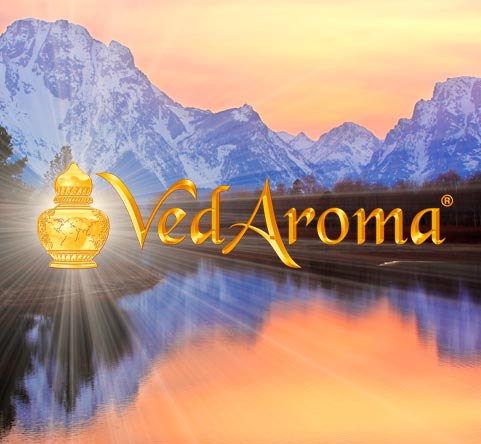The Power of Essential Oils
Aromatics have been used for religious, medicinal, and cosmetic purposes for thousands of years, in the ancient culture of India—as found in Vedic Literature—in ancient China, Egypt, Babylon, and in the Greek and Roman civilizations up to the Middle Ages, and found a revival in the 20th century with the French chemist Gattefosse and the French doctor Valnet, the fathers of modern aromatherapy.
Historic records give us detailed descriptions of how medicinal plants have been used for fumigations, pills, powders, ointments and infused oils and give us interesting recipes for their use for the cure of many diseases.
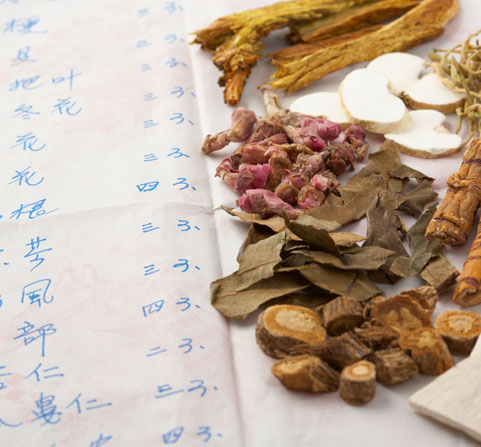
Today we define Aromatherapy as the skilled and controlled use of purest, highest quality essential oils—the volatile substances of aromatic plants—to promote holistic psychological and physical health and well-being.
The essential oil—the essence, life-force, or soul of the plant—is present in tiny sacs or globules (in the flowers and leaves of the plant) or in the fruits, branches, needles, seeds, root or rind of the plant and is obtained by the methods of steam distillation, or by expression or solvent extraction.
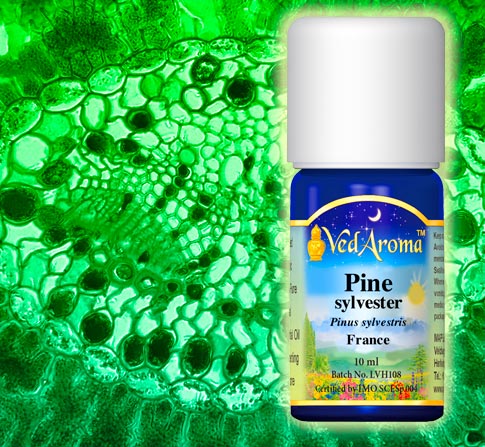
Distillation—Ancient and Modern
The method of distillation of essential oils is said to have been invented only about 1,000 years ago (by an Arabic physician named Avicenna), but vessels found in Egyptian tombs and a still in a museum in Pakistan—judged by experts to be 5,000 years old and belonging to the ancient Indus Valley culture—lead us to think that it was already known in these advanced cultures, that this method was later lost and was then rediscovered.
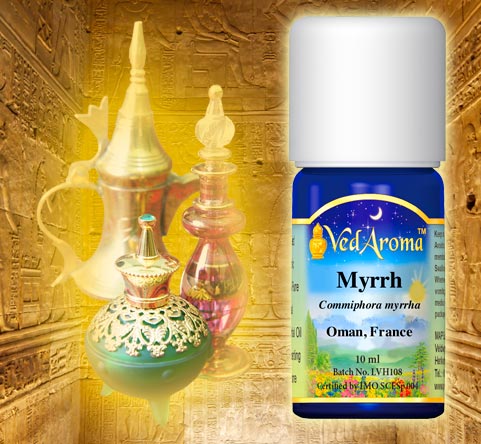
The extraction of most essential oils is carried out by means of distillation. The plant material is loaded into the still, which is in effect a giant pressure cooker. Steam is passed under pressure through the plant material, and the heat causes the globules of essential oil to burst open. The oil quickly evaporates. The steam or water vapour and the essential oil vapour then pass out from the top of the still and along a pipe which is water cooled. This condenses the vapours back into liquids. It is then an easy matter to separate the water from the essential oil, since they don’t mix, and the essence naturally floats on top of the water.
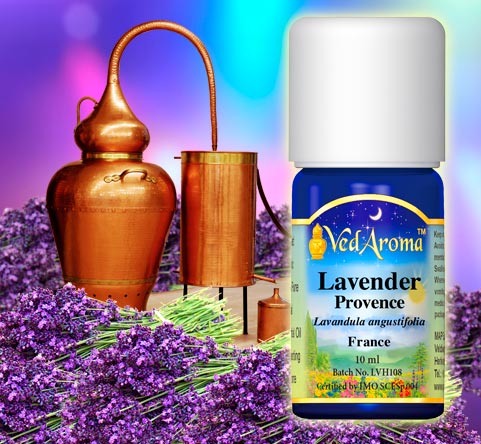
Yields from Raw Materials
The average yield of essential oil from raw material is 1.4 per cent, which means that about 70 kg of plant material is required to produce 1 kg of essential oil. 160 kg of lavender blossoms are required to produce 1 kg of essential oil. As much as 4000 kg of rose petals are needed to produce 1 kg of rose oil. That means a yield of only 0.025 per cent, which explains why rose oil is considered so precious.
Essential oils are fragrant and highly volatile thus they evaporate readily. They are not greasy—quite different from fatty oils—and have a consistency much more like water than oil.
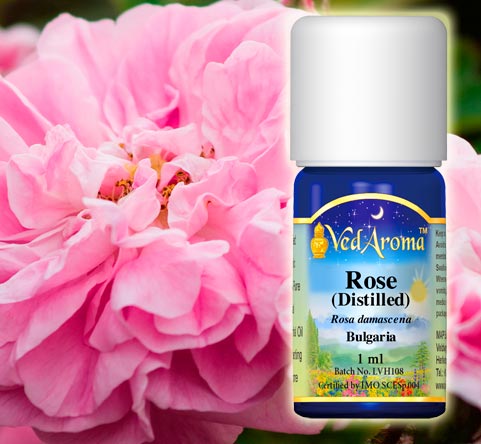
Use Only the Highest Quality
It is very important to use only the highest quality, 100% natural and completely pure essential oils from wild or organically grown plants.
Essential oils should be stored in dark-coloured bottles, in a cool place away from direct sunlight, to ensure that their high quality and strength is maintained.
Ensure the wonderful effects of essential oils for health, by using only the best quality, 100% pure essential oils such as VedAroma essential oils. Our VedAroma line of purest highest quality, therapeutic grade, certified organic essential oils includes single oils as well as therapeutic and aromatic blends.
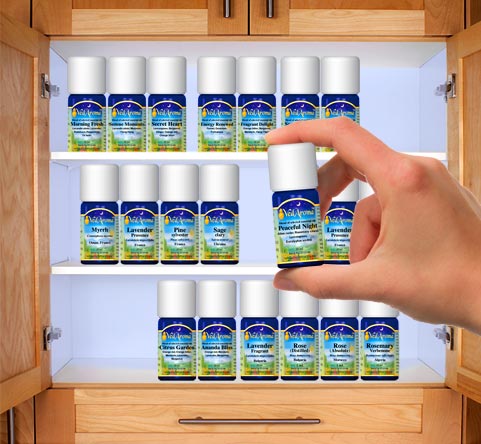
Essential Oils are Very Powerful Substances
Essential oils are very powerful substances. They are able to influence our physical, mental and emotional well-being in a very profound way. They can quickly uplift us, cheer us up; calm and relax us; enliven, motivate and inspire us; harmonize and balance our emotions; dispel tensions, anxieties, headaches, cramps, and tiredness; improve appetite, digestion, sleep, concentration, memory, mental clarity, willpower, creativity, and self-confidence; promote bliss and feelings of euphoria, and more.
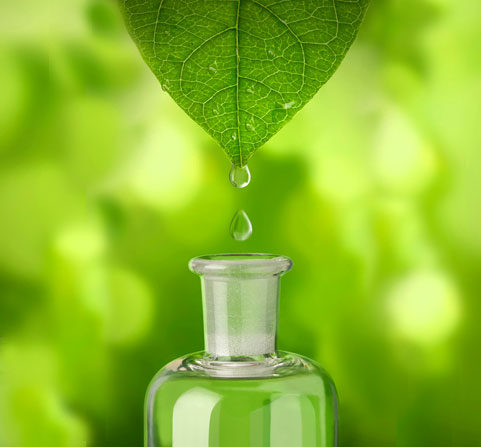
The Nature of the Sense of Smell
The sense of smell is the oldest of our senses (hearing and seeing are younger senses). Smelling takes place through approximately ten million olfactory nerve cells of the mucous membrane at the root of our nose. This mucous membrane is the only place in the body where the central nervous system is open and in direct contact with the outer world. Its cells are brain cells. Their eighty million fine hair cells gather an unimaginably large amount of information with each breath that we take.
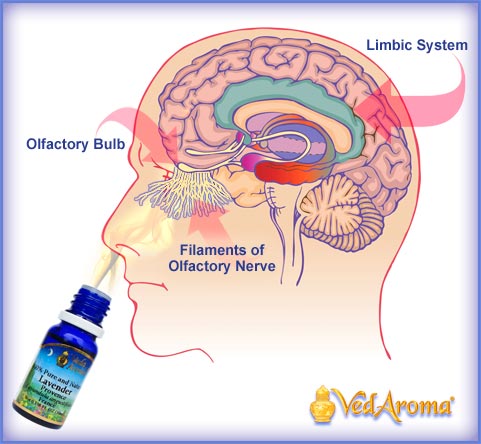
The Limbic System
We take in the finest information from our environment with each breath. Fragrance molecules cause chemical reactions on the fine hair cells of the olfactory receptors, which are transmitted as electrical stimuli directly to the limbic system—the oldest part of our brain—without being judged by the cortex.
The limbic system is the seat of emotions, memory, creativity, motivation, and regulation of the autonomic nervous system, which governs breathing, heartbeat, and digestion.
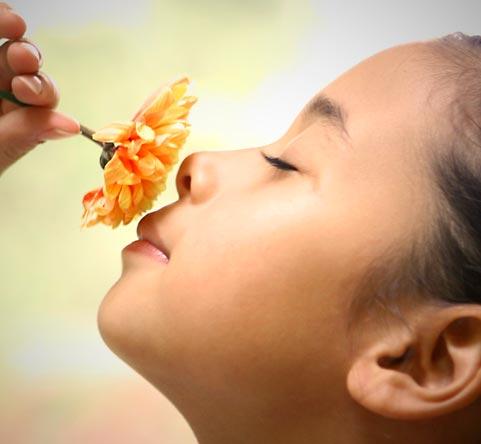
Direct Influence
All of the autonomic functions are directly influenced by scent without the interference of our conscious mind. That means that before we consciously perceive a fragrance, it has already affected us on the subconscious level—it has instantly influenced our emotions, heart rate, breath rate, and more.
Fragrance stimulates the release of neuro-transmitters, such as encephalines, endorphines, and serotonin, which invoke feelings of happiness, upliftment, well-being and relaxation.
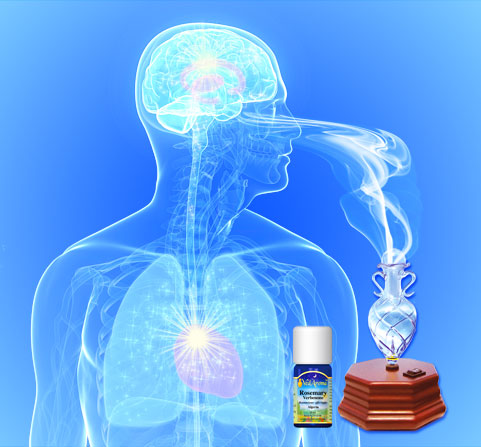
Happiness for Good Health
Happiness and bliss are essential for our health. Negative thoughts and unhappiness create ill health. Fragrances of essential oils are an ideal way to influence our emotions, improve our emotional well-being, maintain relaxation, peace of mind, and promote happiness.
The fact that scents and memories are stored together in the limbic system, explains why fragrances can evoke memories. Probably everyone has experienced that a particular fragrance can bring back memories from childhood or other events from the past associated with the fragrance.
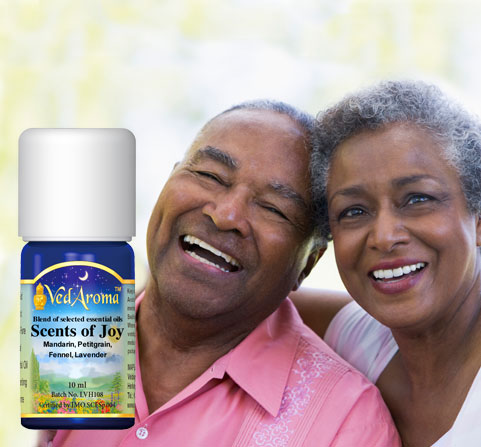
The Nature of Essential Oils
Due to the complex chemical structure and large number of components, each essential oil has a wide range of properties and ways that it can be used. Each imbalance can be addressed by many different essential oils. An essential oil can cover a wide field of activities: the same oil can stimulate certain systems of the body while sedating or relaxing others.
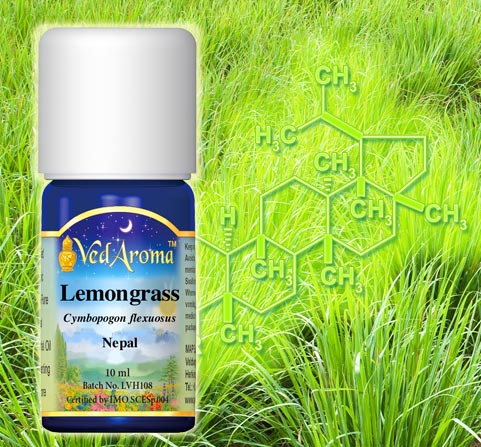
Essential Oils—Balancing
Essential oils are balancing and normalizing in their effect—unlike synthetic chemical substances—because they are natural, organic substances. The oils enliven the body's own self-healing mechanism and restore wholeness, health, and life in body, mind, and soul. (Synthetic and inorganic substances have no life force, and are not dynamic.)
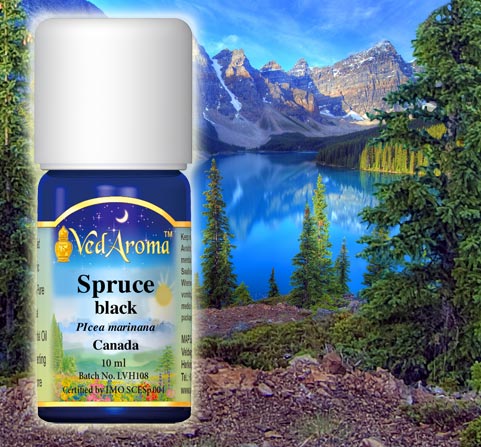
Essential Oils—Bactericidal
Virtually all essential oils have bactericidal properties, and by supporting the production of white blood cells they can help prevent and treat infectious diseases. Research has shown that people who use essential oils regularly have a higher level of resistance to illness, catch fewer colds than average, and recover quickly if they do become ill.
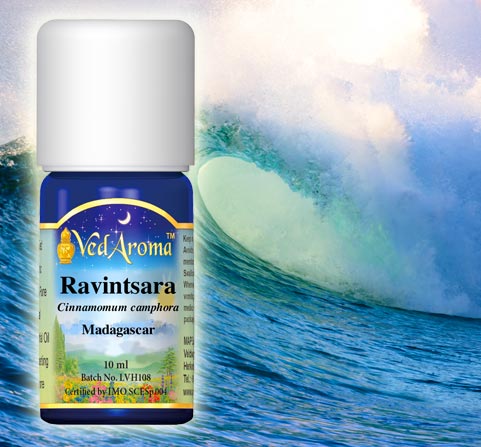
Scientific Research on Brain Function and Health Using VedAroma Essential Oils
Our research team is studying the effects of the high purity, organic VedAroma essential oils on brain function and health. One recent finding is the ability of VedAroma Highland Lavender to induce a remarkably high level of global brainwave coherence, which indicates a profoundly settled state of mind/body balance. We look forward to publishing the results of our experiments with various VedAroma Essential Oils on integrative measures of brain activity and mind/body health.
Alarik Arenander, PhD, Director, Brain Research Institute, Fairfield, Iowa, USA
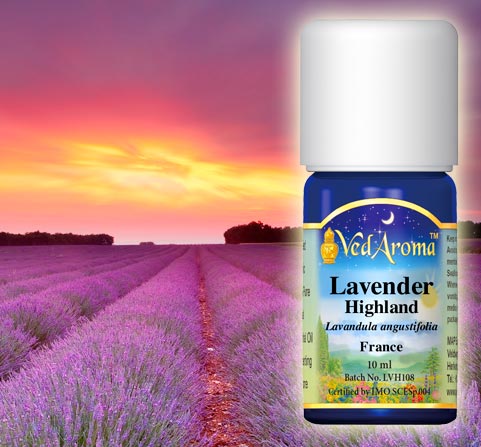
Uses of Essential Oils
Professional medical essential oil therapy administered by therapists trained in practical and scientific knowledge, achieves remarkable results for the prevention and cure of many acute and chronic diseases that are often impossible to treat otherwise.
The professional therapeutic use of essential oils is not the only way to experience the harmonizing and healing effects of essential oils. Use them in aroma lamps in your home or as natural perfumes to enhance the joy of life, bring harmony and balance, increase immunity, and enliven your body's self-healing mechanisms.
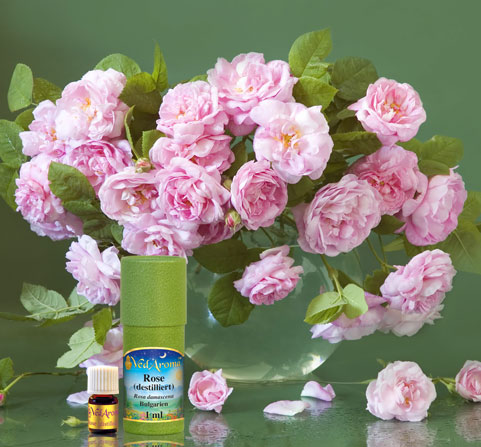
Enjoy Essential Oils
Essential oils can be used in aroma lamps, and humidifiers, for a relaxing or revitalizing massage, in a full bath or a foot bath, and for compresses, inhalations, gargles, chest rubs (very good in case of colds) and much more.
The character of a room can be completely transformed in just a few minutes by using a few drops of a favorite essential oil in an aroma diffuser.
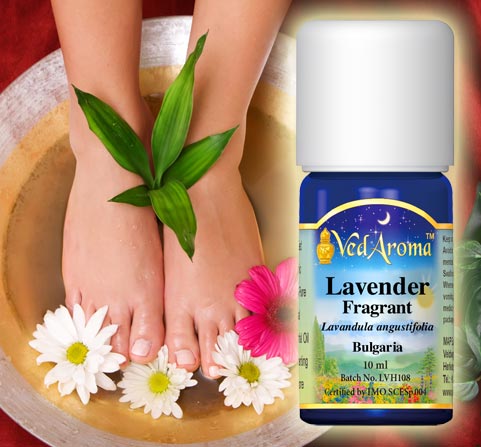
Diffusing Essential Oils
Diffusers disperse essential oils into the air either with a cool air-stream or gentle warmth. They are ideal for cleansing and purifying the air and for creating a mood-enhancing, fragrant atmosphere.
Micro-diffusers or atomizers are the most effective and health-promoting way to diffuse essential oils into the air.
These are air pumps with a special glass funnel construction that diffuse a micro-fine vapor of essential oil, creating negative ions, which purify the air. A few minutes of diffusion are enough to fill the whole room with a fresh, healthy, and pleasantly fragrant air.
Use 4 to 8 drops of essential oil on the replaceable cartridge or pad for cool air diffusion; use 25 drops or more in a micro-diffuser (atomizer or nebulizer); use 3 to 8 drops in aroma lamps (with candle or electric). Refresh as needed.
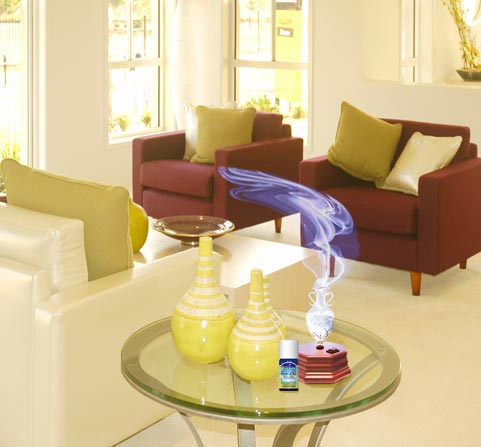
Explore Essential Oils
Try ginger, bergamot or cardamom at lunch time to improve your appetite and peppermint, coriander or fennel to support your digestion.
To relax and uplift discover orange, neroli, rose, geranium, jasmin, bergamot, and lavandin.
Dispel fatigue and improve mental clarity with rosemary, peppermint or basil. Fir, spruce and pine oils help revitalize and strengthen.
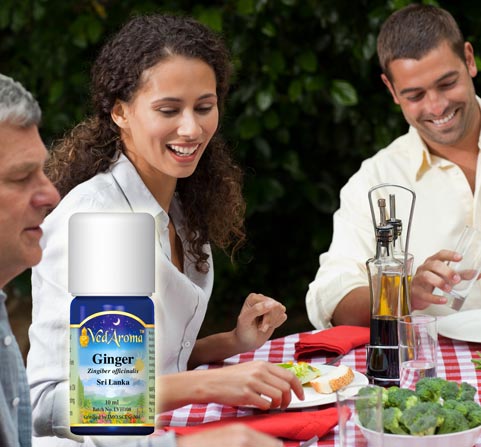
Ideas for Oil Use
Tea tree, eucalyptus and thyme oils support respiration while neroli, mandarin, petitgrain, marjoram, spikenard and vetiver have a calming effect.
Diffuse sandal-wood, frankincense and myrrh during meditation; and try lavender at bedtime to help fall asleep.
Add a few drops of a stimulating essential oil like rosemary to your massage oil in the morning, or a few drops of a calming, relaxing essential oil such as lavender, rose, or sandal-wood in the evening. For a tummy massage or compress try a few drops of roman chamomile.
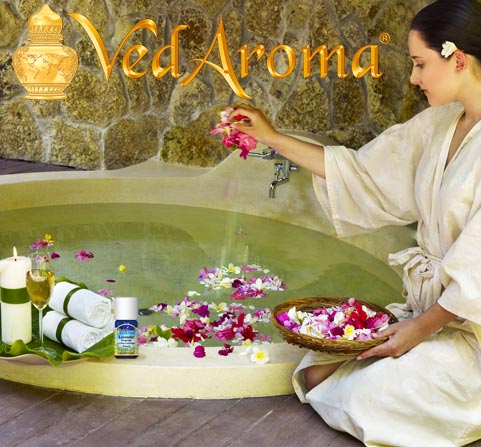
Self-Referral Experience and Nourishment for the Soul
There are innumerable possibilities to enhance your physical, mental, and emotional well being with aromatherapy, in an easy and pleasant yet profound way. You will sense what is good for you. What you like best usually gives the best results. It is a self-referral experience.
People everywhere are reporting that they feel better and happier since they have been enjoying VedAroma essential oils.
In addition to physical nourishment we also require nourishment for our soul in this sometimes hectic and stressful world. Essential oils, the soul of the plant, are nourishment for the soul of men. They strengthen our life force and enhance our joy of life. The revival of aromatherapy in our time is a gift from Heaven, helping us to create perfect health and Heaven on Earth for all mankind.
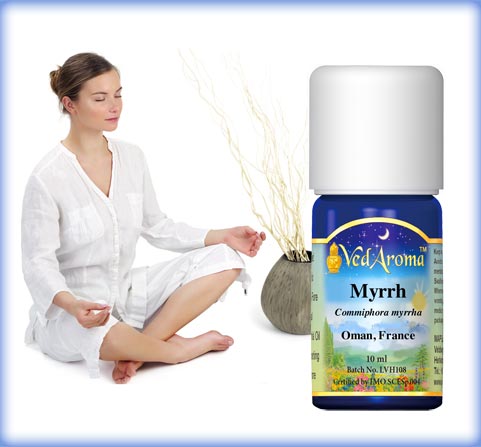
The Ancient and Eternal Science of Life Called Ayur-Veda Documents the Application of Essential Oils for Promoting Health and Well-being
From ancient times Aromatherapy has been an integral part of Ayur-Veda. It is used and practiced widely in Ayur-Veda. Aromas are extracted from five parts of the trees (Panchang).
The root as in Vetiver and Spikenard; the stem and bark, as in Cinnamon, Sandalwood, and Frankincense; the leaves, as in Lemongrass, Mint, and Basil; the flower as in Rose, Jasmine, and Champaka; and from fruits such as Cardamom, Clove, Lemon, and Orange.
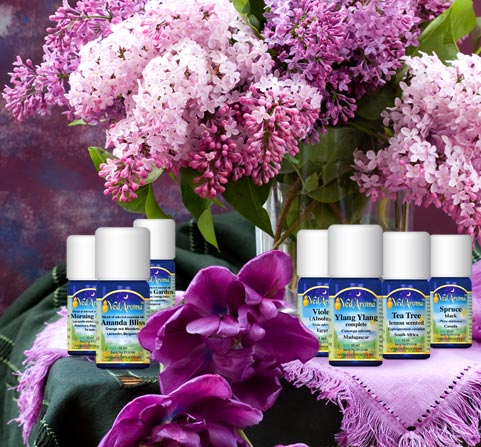
Ayurveda—Modes of Administration
The modes of administration of Aromatherapy in Ayur-Veda are: aroma oil application to the body (Sandalwood, etc.), nasal inhalation (Rose, Jasmine, etc.) and also internal administration (Mint, Ginger, etc.)
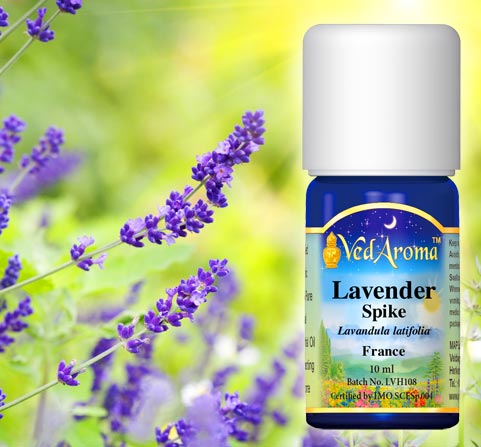
Ayurveda—Essential Oils For Health
Aromatherapy is part of Dravyaguna in Ayur-Veda. In Dravyaguna, in the chapter called Karpuradi barga, all the herbs mentioned contain aroma oils or essential oils like Camphor, Cinnamon, Lavender, Clove and Jasmine.
In the science of Ayurveda essential oils are widely used for creating the perfect health.
Vaidya Achyutanand Pati, M.D. Ayu. (G.A.U.) Principal (retired) Post Graduate Department of Kayachiksta and Panchakarma Gopabandhu Ayurvedic Mahavidyalaya, Puri (Orissa).
